
Zamalek: Cairo's Chic Island Oasis
Zamalek, an affluent district in Cairo, Egypt, offers visitors a unique blend of tradition and modernity. Situated on Gezira Island in the Nile River, Zamalek is renowned for its tree-lined streets, elegant mansions, and vibrant cultural scene. This upscale neighborhood is a haven for art lovers, food enthusiasts, and anyone seeking a tranquil escape from the bustling city life. A stroll through Zamalek reveals a myriad of art galleries and cultural centers, such as the Cairo Opera House and the El Sawy Culture Wheel. These venues host a variety of performances and exhibitions, making Zamalek a cultural hub in Cairo. The area's architecture is a mix of colonial-era buildings and contemporary designs, providing a picturesque backdrop for leisurely walks. Foodies will find Zamalek a culinary delight, with an array of restaurants offering everything from traditional Egyptian cuisine to international gourmet dishes. Cafes and bistros line the streets, providing perfect spots to relax and people-watch. Don't miss out on the local markets and boutique shops, where you can find unique souvenirs and handcrafted goods. Zamalek's parks and gardens, such as the beautiful Al-Azhar Park, offer serene spots for picnics and relaxation. The district's location on the Nile also means that visitors can enjoy boat rides and stunning river views. Whether you're exploring its cultural landmarks, dining at its diverse eateries, or simply enjoying the scenic beauty, Zamalek promises a memorable experience for every traveler.
Local tips in Zamalek
- Visit the Cairo Opera House for a night of world-class performances.
- Enjoy a boat ride on the Nile for unique views of the city.
- Try local Egyptian dishes at Abou El Sid restaurant.
- Explore the El Sawy Culture Wheel for various art exhibitions and events.
- Take a leisurely walk in Al-Azhar Park for a peaceful escape.
Zamalek: Cairo's Chic Island Oasis
Zamalek, an affluent district in Cairo, Egypt, offers visitors a unique blend of tradition and modernity. Situated on Gezira Island in the Nile River, Zamalek is renowned for its tree-lined streets, elegant mansions, and vibrant cultural scene. This upscale neighborhood is a haven for art lovers, food enthusiasts, and anyone seeking a tranquil escape from the bustling city life. A stroll through Zamalek reveals a myriad of art galleries and cultural centers, such as the Cairo Opera House and the El Sawy Culture Wheel. These venues host a variety of performances and exhibitions, making Zamalek a cultural hub in Cairo. The area's architecture is a mix of colonial-era buildings and contemporary designs, providing a picturesque backdrop for leisurely walks. Foodies will find Zamalek a culinary delight, with an array of restaurants offering everything from traditional Egyptian cuisine to international gourmet dishes. Cafes and bistros line the streets, providing perfect spots to relax and people-watch. Don't miss out on the local markets and boutique shops, where you can find unique souvenirs and handcrafted goods. Zamalek's parks and gardens, such as the beautiful Al-Azhar Park, offer serene spots for picnics and relaxation. The district's location on the Nile also means that visitors can enjoy boat rides and stunning river views. Whether you're exploring its cultural landmarks, dining at its diverse eateries, or simply enjoying the scenic beauty, Zamalek promises a memorable experience for every traveler.
Iconic landmarks you can’t miss
Cairo Tower
Experience Cairo from Above: Panoramic views from the iconic Cairo Tower, a symbol of modern Egypt and architectural marvel.

El Obour Park
Escape the city bustle at El Obour Park: a tranquil, affordable oasis on the Nile in Cairo's Zamalek, offering serene views and relaxation.
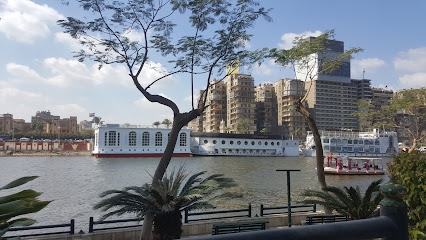
Zamalek Art Gallery
Discover modern and contemporary Egyptian art at this leading Zamalek gallery, showcasing established and emerging talents since 1999.
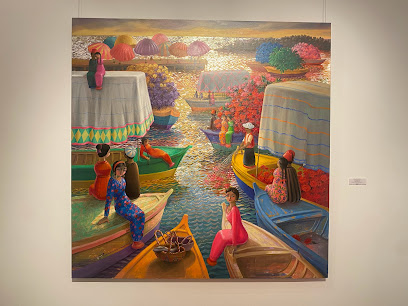
Khedive or Zamalek tree
Experience tranquility under the sprawling canopy of Cairo's iconic Khedive or Zamalek Tree, a living monument in the heart of Zamalek.
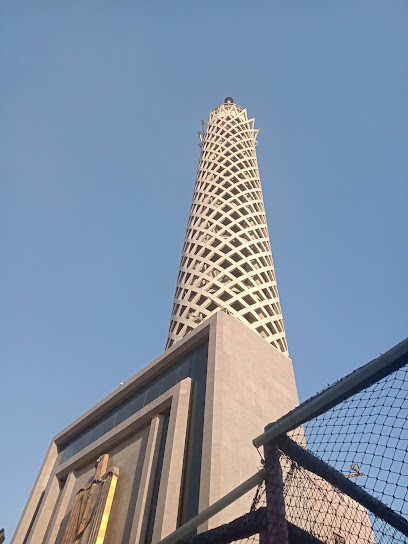
Pyramid
Explore the monumental Great Pyramid of Giza, the oldest and largest pyramid, a testament to ancient Egyptian ingenuity and pharaonic power.
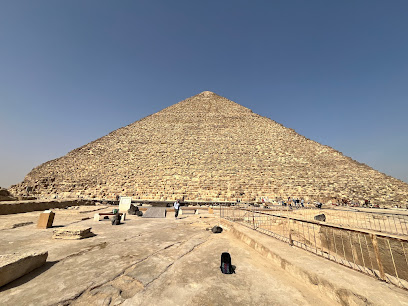
الزمالك- الجزيرة
Explore Zamalek: Cairo's serene island district, where art, culture, and culinary delights converge amidst elegant architecture and lush greenery.
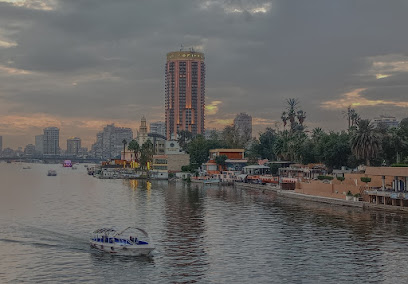
Old House Gallery
Discover contemporary Egyptian art in an intimate setting at Zamalek's Old House Gallery. A cultural gem!
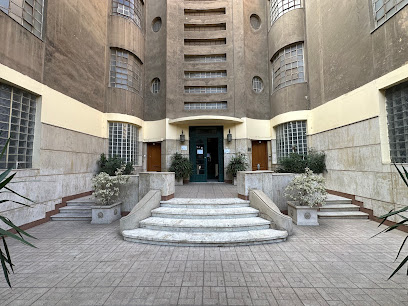
Cairo tower
Experience Cairo from Above: Iconic tower offering panoramic city views and a glimpse into Egypt's modern history and architectural ingenuity.

Island zamalak
Escape to Island Zamalek: A serene oasis in the heart of Cairo's upscale Zamalek, offering lush landscapes and tranquil Nile views.
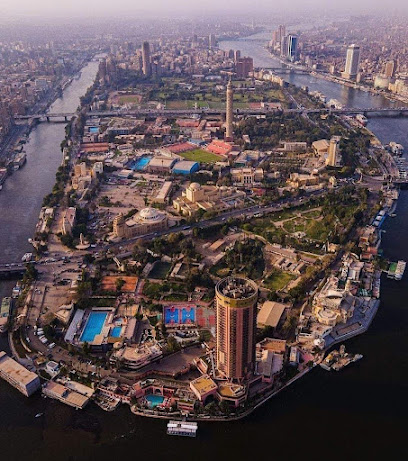
B zamalk tree
Discover the historic B Zamalek Tree in Cairo's Zamalek district, a serene landmark and one of the city's oldest banyan trees.
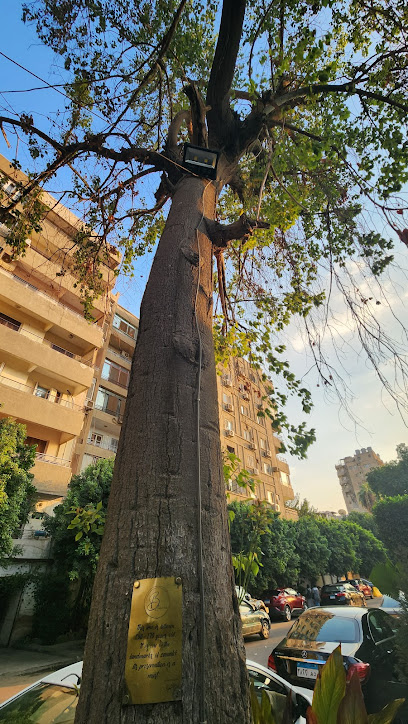
Unmissable attractions to see
The Egyptian Museum in Cairo
Discover the wonders of ancient Egypt at the Egyptian Museum in Cairo, home to the treasures of Tutankhamun and a vast collection of historical artifacts.
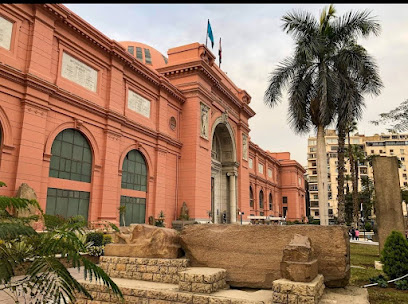
Cairo Tower
Discover breathtaking views of the Nile and Cairo's skyline from the iconic Cairo Tower, a must-see landmark in Egypt.
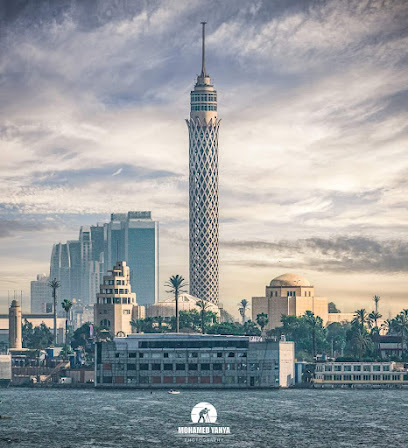
El Andalos Park
El Andalos Park in Zamalek, Cairo offers a serene escape with lush greenery, perfect for relaxation and cultural experiences.
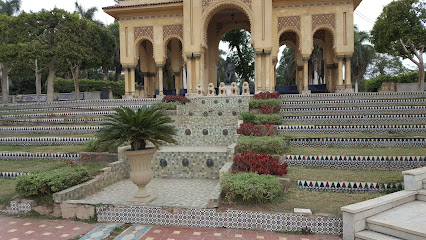
قصر سميحة كامل
Discover the elegance of Simiha Kamal Palace in Zamalek, a blend of history and beauty amidst Cairo's vibrant culture.
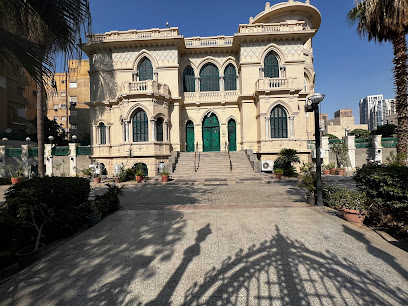
الزمالك- الجزيرة
Explore Zamalek Island, a serene oasis in Cairo offering lush parks, delightful cafes, and captivating views of the Nile River, perfect for a tranquil escape.
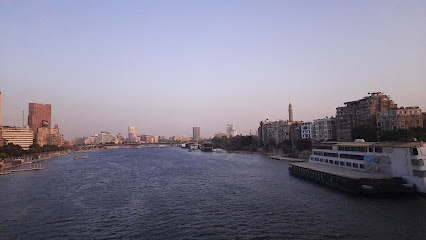
Partiano
Experience the vibrant culture, exquisite cuisine, and enchanting atmosphere of Partiano in Zamalek, Cairo, a must-visit destination for every traveler.
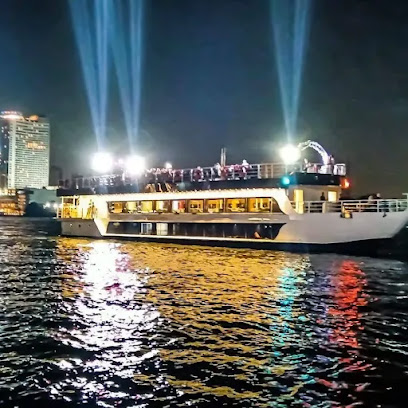
بهاء الدين قراقوش
Discover the vibrant cultural tapestry of Bahaa El-Deen Qaraqosh in Zamalek, Cairo—where history meets modern charm.
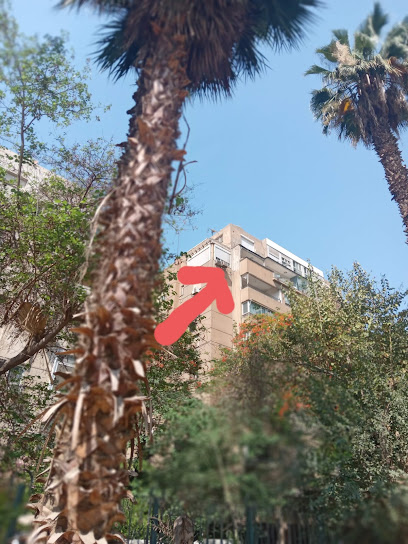
اسد كوبري قصر النيل
Discover the architectural beauty and rich cultural heritage of Asad Kubri in Zamalek, a must-see attraction in Cairo's vibrant landscape.
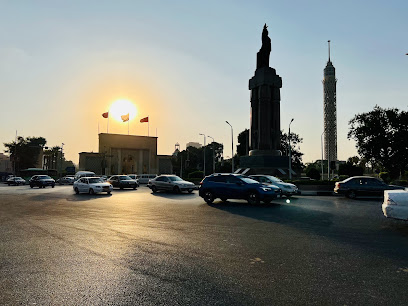
Old House Gallery
Discover the vibrant contemporary art scene at Old House Gallery in Zamalek, a hidden gem showcasing local and international artistic talent.
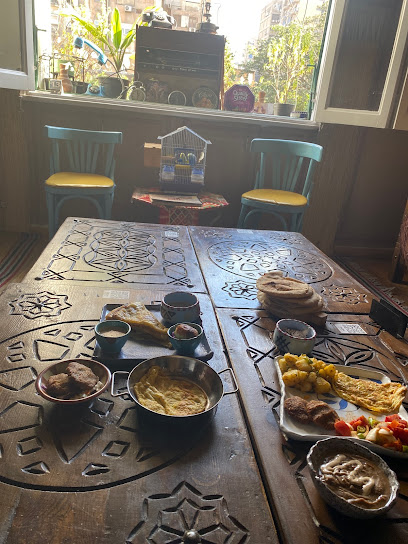
Music Hall, Cairo
Discover the vibrant cultural scene at Music Hall, Cairo, where traditional and contemporary music come alive in a stunning setting.

Essential places to dine
Le Pacha 1901
Discover exquisite dining at Le Pacha 1901 in Zamalek—where authentic Indian and Japanese flavors meet stunning views of Cairo.
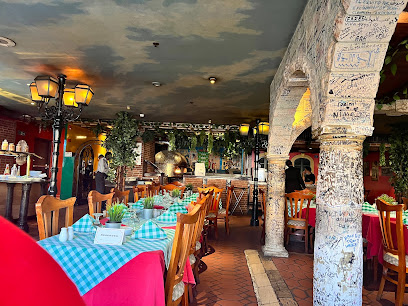
Crimson Bar & Grill, Cairo, Egypt.
Experience exquisite dining at Crimson Bar & Grill with stunning Nile views and a vibrant atmosphere in the heart of Cairo.
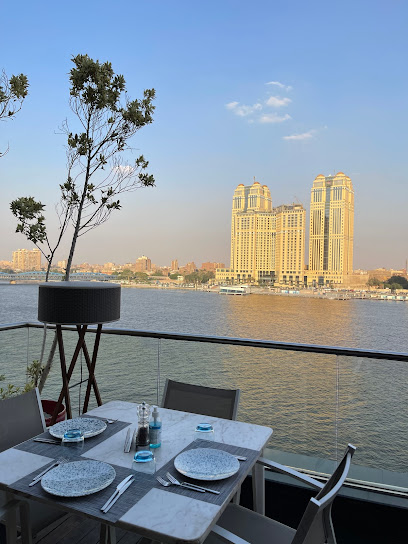
Pier 88 Nile River
Discover fine Italian cuisine at Pier 88 Nile River, where every meal is paired with stunning views of Cairo's iconic landscape.
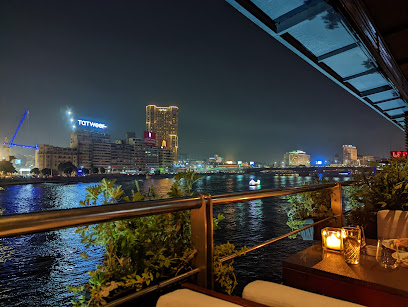
مطعم فايف بيلز || Five Bells Restaurant
Experience authentic Egyptian flavors at Five Bells Restaurant in Zamalek – where culinary delight meets warm hospitality.
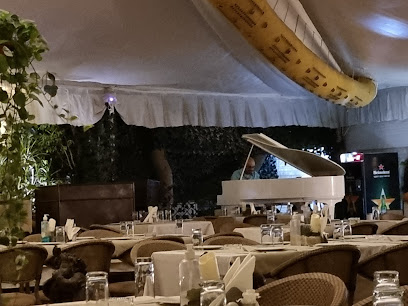
Cairo Kitchen zamalek
Experience authentic Egyptian flavors at Cairo Kitchen in Zamalek - where tradition meets modern taste.
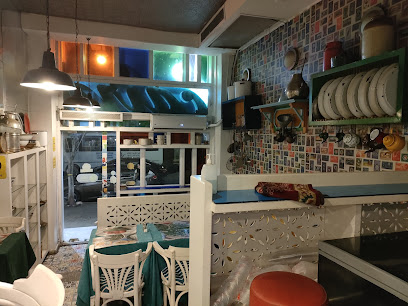
L'Aubergine Zamalek
Experience authentic Egyptian cuisine at L'Aubergine Zamalek - where culinary tradition meets modern elegance.
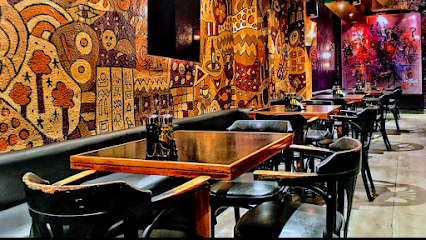
Aperitivo
Experience exquisite Mediterranean dining at Aperitivo in Zamalek - where culinary art meets vibrant ambiance.
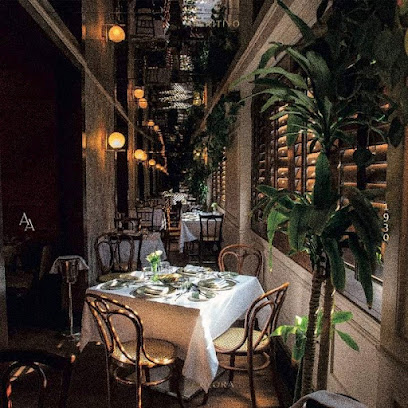
Egyptian Nights
Savor authentic Egyptian flavors in an enchanting setting at Egyptian Nights, located within the Cairo Marriott Hotel.
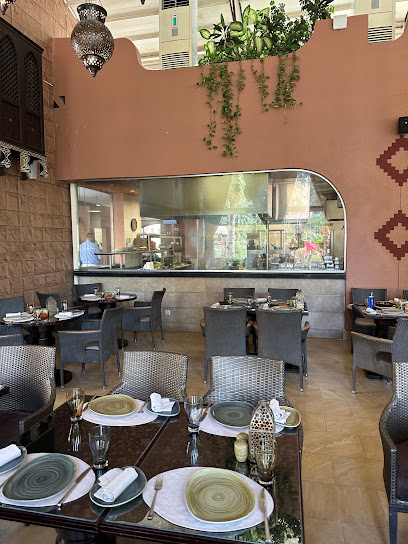
Roy's Smokehouse
Experience exquisite dining at Roy's Smokehouse in Cairo Marriott Hotel - where traditional flavors meet modern elegance.
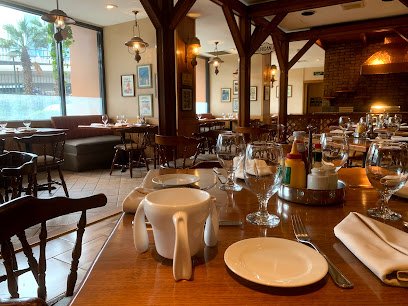
Ristorante Tuscany
Experience authentic Italian cuisine at Ristorante Tuscany in Cairo's Zamalek district, where every dish tells a story.
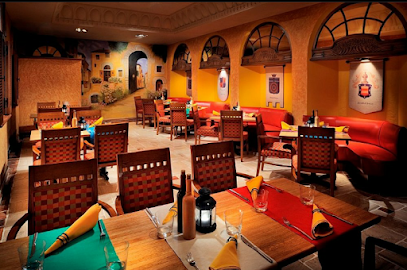
Markets, malls and hidden boutiques
Nomad Gallery - Zamalek Main Branch
Explore Nomad Gallery in Zamalek, a treasure trove of Egyptian craftsmanship featuring stunning jewelry, antiques, and unique cultural artifacts.
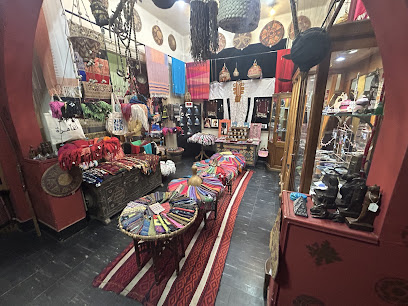
Jozee Boutique Zamalek
Explore Jozee Boutique Zamalek for unique fashion pieces and accessories in Cairo's vibrant cultural district.
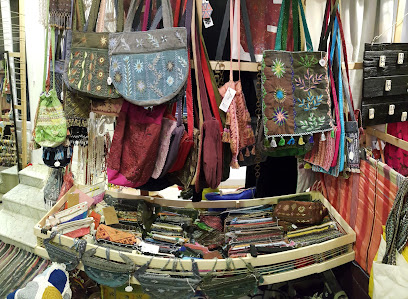
Nevin Altmann Shop Zamalek
Shop at Nevin Altmann in Zamalek for unique Egyptian crafts, fashion, and souvenirs that embody the spirit of Cairo's rich artistic heritage.
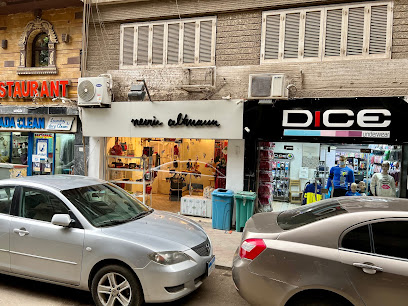
BOUTIQUE 51
Explore Boutique 51 in Zamalek for unique women's clothing that combines contemporary style with local charm, creating an unforgettable shopping experience.
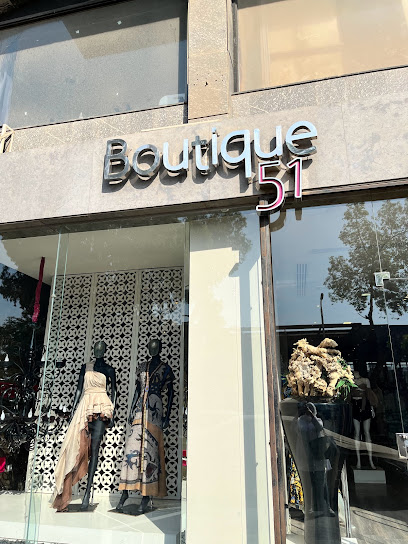
The Sahara Collection Store
Explore The Sahara Collection Store in Zamalek for unique fashion that blends traditional Egyptian designs with contemporary styles.
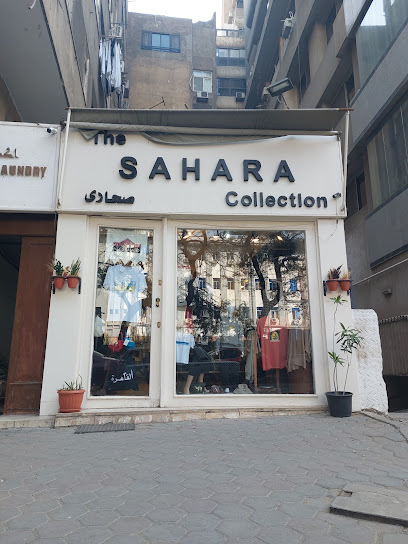
Fathy Sokkar store
Explore Fathy Sokkar in Zamalek for a unique shopping experience offering handcrafted gifts and local art, perfect for souvenirs or special occasions.
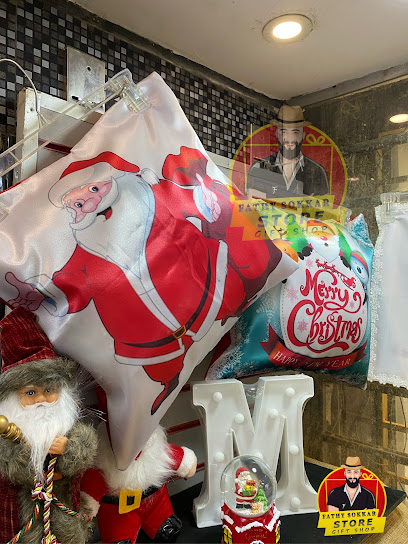
Jumbo Gift & Toys
Explore a treasure trove of unique gifts, toys, and costumes at Jumbo Gift & Toys in Zamalek, Cairo for an unforgettable shopping experience.

Vintage boutique
Discover one-of-a-kind vintage treasures at the Vintage Boutique in Zamalek, Cairo, where fashion meets history in every unique piece.

Brandeez Boutique
Experience the elegance of Brandeez Boutique in Zamalek, a fashion haven for those seeking unique and stylish clothing in Cairo.
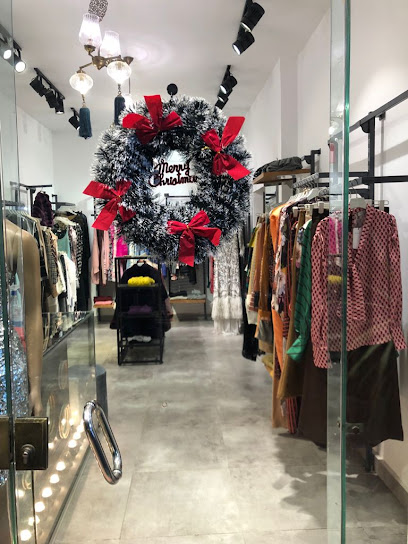
Hedeya Masreya Concept Store
Explore handcrafted gifts and unique souvenirs that celebrate Egyptian culture at Hedeya Masreya Concept Store in Zamalek.
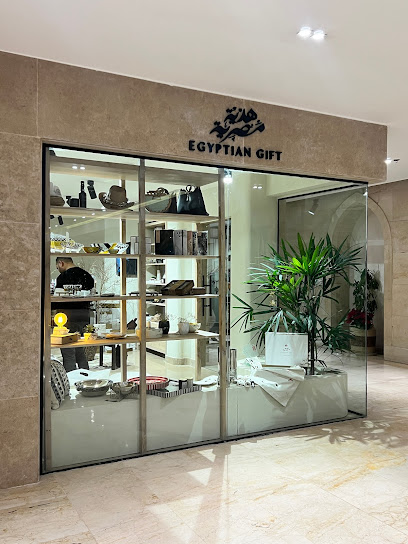
Essential bars & hidden hideouts
Crimson Bar & Grill, Cairo, Egypt.
Discover the luxury of Crimson Bar & Grill in Cairo, where exquisite cuisine meets a vibrant atmosphere in the heart of Zamalek.
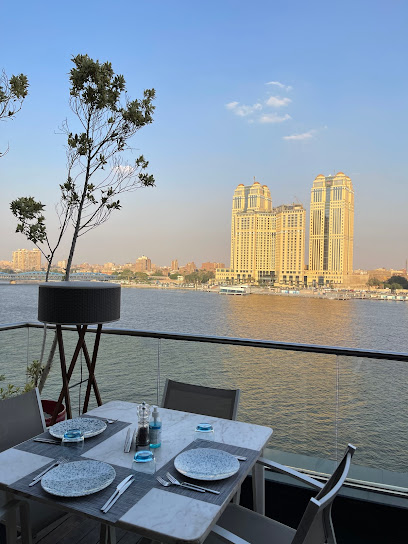
Pub 28
Discover the lively charm of Pub 28 in Zamalek, Cairo - a perfect spot for drinks, music, and unforgettable nightlife.
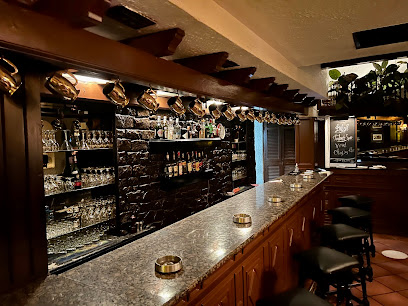
U Bistro & Bar
Discover U Bistro & Bar in Zamalek, where delectable cuisine meets a vibrant bar atmosphere, perfect for tourists seeking culinary delights.
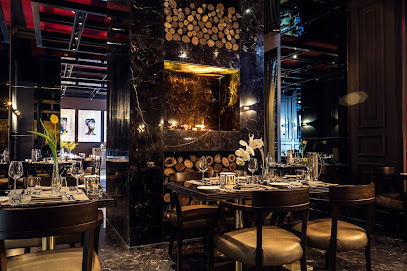
Deals Restobar Zamalek
Experience the vibrant atmosphere of Deals Restobar in Zamalek, Cairo, where cozy meets conviviality and every drink tells a story.
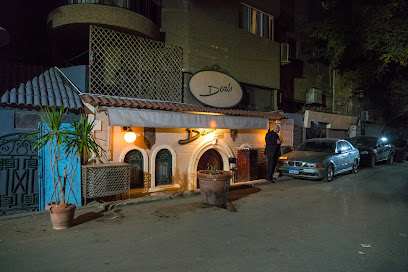
The Cairo Cellar
Discover The Cairo Cellar in Zamalek, where delectable cuisine meets a vibrant pub atmosphere for an unforgettable night out in Cairo.
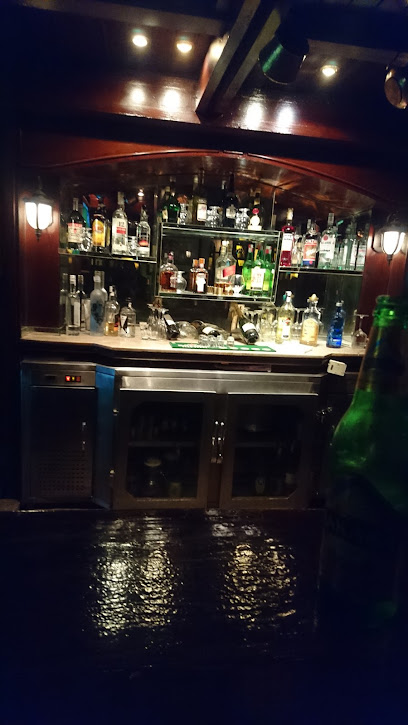
Gu Lounge
Experience Cairo's vibrant nightlife at Gu Lounge, where exquisite dining meets energetic disco in a stunning riverside setting.
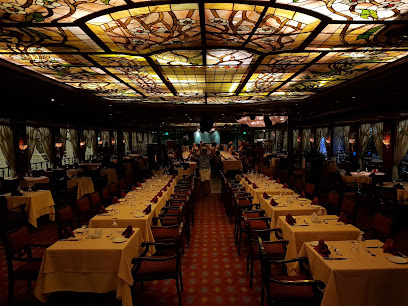
Carmen Pub Bar
Experience the vibrant nightlife of Cairo at Carmen Pub Bar, a perfect blend of local flavors, drinks, and live entertainment in the heart of Zamalek.
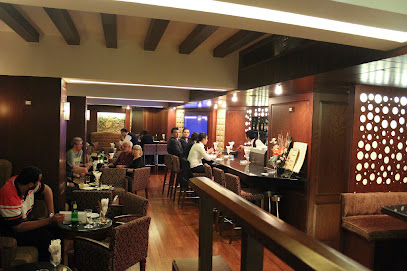
Ash Restobar
Discover Ash Restobar in Zamalek, where vibrant nightlife meets exquisite culinary delights in the heart of Cairo.
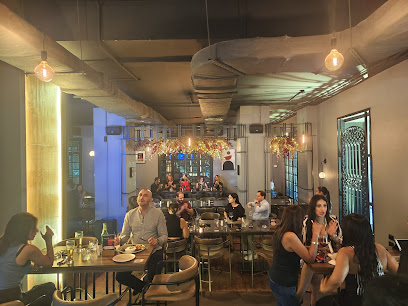
Rokha melon
Discover the vibrant atmosphere of Rokha Melon in Zamalek, offering refreshing drinks and a taste of local culture amidst Cairo's bustling energy.
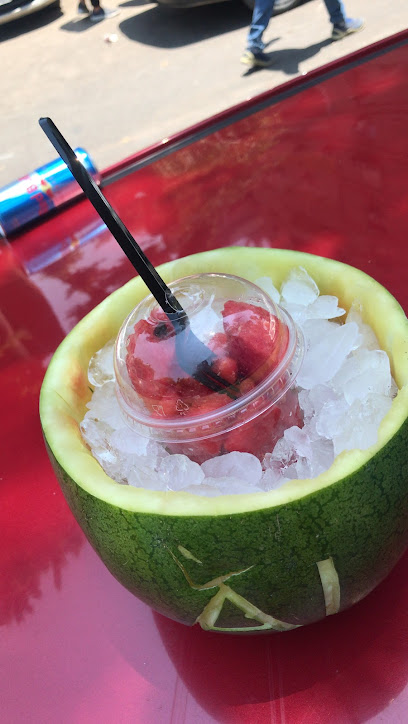
البايكو
Experience the vibrant nightlife of Cairo at البايكو, a bar in Zamalek offering a perfect blend of local culture and lively ambiance.

Local Phrases
-
- Helloمرحبا
[Marhaba] - Goodbyeوداعا
[Wada'an] - Yesنعم
[Naam] - Noلا
[La] - Please/You're welcomeمن فضلك
[Min fadlak] - Thank youشكرا
[Shukran] - Excuse me/Sorryعذرا
[A'dhara] - How are you?أزي حالك؟
[Ezzay halak?] - Fine. And you?تمام. وأنت؟
[Tamam. Wa anta?] - Do you speak English?هل تتحدث الإنجليزية؟
[Hal tatahadath al'injlizia?] - I don't understandأنا لا أفهم
[Ana la afham]
- Helloمرحبا
-
- I'd like to see the menu, pleaseأريد أن أرى القائمة، من فضلك
[Aridu an ara alqaimah, min fadlak] - I don't eat meatأنا لا آكل اللحوم
[Ana la aakul allahum] - Cheers!في صحتك!
[Fi sahtak!] - I would like to pay, pleaseأريد أن أدفع، من فضلك
[Aridu an adfa', min fadlak]
- I'd like to see the menu, pleaseأريد أن أرى القائمة، من فضلك
-
- Help!النجدة!
[Annajdah!] - Go away!انصرف!
[Ansarf!] - Call the Police!اتصل بالشرطة!
[Itasal bialsuratu!] - Call a doctor!اتصل بالطبيب!
[Itasal bialtabib!] - I'm lostلقد ضللت الطريق
[Liqad dalalt altariq] - I'm illأنا مريض
[Ana mareed]
- Help!النجدة!
-
- I'd like to buy...أريد أن أشتري...
[Aridu an ashtari...] - I'm just lookingأنا فقط أتفرج
[Ana faqat atfari] - How much is it?بكم هذا؟
[Bikam hatha?] - That's too expensiveهذا غالي جدا
[Hatha ghali jiddan] - Can you lower the price?هل يمكنك تخفيض السعر؟
[Hal yumkinuk takhfid als'ar?]
- I'd like to buy...أريد أن أشتري...
-
- What time is it?كم الساعة؟
[Kam alsaa'ah?] - It's one o'clockالساعة الواحدة
[Alsaa'ah alwahidah] - Half past (10)الساعة العاشرة والنصف
[Alsaa'ah al'ashirah walnisf] - Morningصباح
[Sabah] - Afternoonبعد الظهر
[Ba'd aldhuhur] - Eveningمساء
[Masaa] - Yesterdayالأمس
[Al'ams] - Todayاليوم
[Al-yawm] - Tomorrowغدا
[Ghadan] - 1واحد
[Wahid] - 2اثنان
[Ithnan] - 3ثلاثة
[Thalatha] - 4أربعة
[Arba'a] - 5خمسة
[Khamsa] - 6ستة
[Sitta] - 7سبعة
[Sab'a] - 8ثمانية
[Thamania] - 9تسعة
[Tasia] - 10عشرة
[Ashara]
- What time is it?كم الساعة؟
-
- Where's a/the...?أين توجد...؟
[Ayna tajid...?] - What's the address?ما هو العنوان؟
[Ma huwa al'anaan?] - Can you show me (on the map)?هل يمكنك أن تريني (على الخارطة)؟
[Hal yumkinuk an tarini (ala alkhartah)?] - When's the next (bus)?متى يأتي الحافلة التالية؟
[Mata yaati alhaflah altaliyah?] - A ticket (to ....)تذكرة (إلى...)
[Tazkirah (ila...)]
- Where's a/the...?أين توجد...؟
History of Zamalek
-
Zamalek, originally part of the island of Gezira, began to develop as a residential area in the late 19th century during the era of Khedive Ismail. The Khedive envisioned Cairo as a modern city, leading to the establishment of Zamalek as a fashionable district, characterized by European-style architecture and tree-lined streets. This period saw the construction of palatial residences, embassies, and cultural institutions, marking Zamalek as a center of cosmopolitan life.
-
By the early 20th century, Zamalek had solidified its reputation as a cultural hub. The neighborhood became home to numerous artists, writers, and intellectuals, contributing to a vibrant cultural scene. The Cairo Opera House, established in 1988, is a testament to Zamalek's continuing influence in the arts, hosting various performances and events that reflect Egypt's rich cultural history.
-
Zamalek played a notable role during the political upheaval that led to the 1952 Revolution in Egypt. The neighborhood's proximity to key government buildings made it a strategic location for protests and gatherings. The events of this period reshaped the political landscape of Egypt, leading to the establishment of a republic and significant changes in governance, with Zamalek's residents actively participating in the movement.
-
Following the revolution, Zamalek experienced urban transformations as the government sought to modernize the city. Infrastructure developments, including roads and public services, were introduced to accommodate the growing population. This period also saw an influx of diverse communities, enhancing Zamalek's multicultural fabric and establishing it as a microcosm of Cairo's broader societal changes.
-
Today, Zamalek is known for its mix of historic and contemporary influences. The area is home to numerous art galleries, cafes, and cultural institutions, reflecting a modern Egyptian lifestyle while maintaining its historical charm. The neighborhood has become a popular destination for both locals and tourists seeking to experience Cairo's vibrant culture, with events and festivals that celebrate its rich heritage.
Zamalek Essentials
-
Zamalek is centrally located in Cairo and accessible from various neighborhoods. The most convenient way to reach Zamalek is by taxi or ride-sharing services like Uber and Careem, which are widely used in Cairo. Public buses also serve the area, with routes connecting Zamalek to downtown Cairo and other districts. The nearest metro station is 'Cairo Opera House' on Line 1, from which you can take a short taxi ride or walk to Zamalek.
-
Zamalek is a walkable neighborhood, and exploring on foot is a pleasant way to take in its charming streets and parks. For longer distances, taxis and ride-sharing services are readily available. Bicycles can be rented through local services, allowing for a leisurely exploration of the area. Public transportation options, including buses and the metro, can also be used to navigate to nearby neighborhoods.
-
Zamalek is considered one of the safer neighborhoods in Cairo for tourists, but it is always wise to remain vigilant. Petty crimes, such as pickpocketing, can occur in crowded areas. Avoid wandering alone at night, especially in less populated streets. While there are no specific high-crime areas in Zamalek, it is best to be cautious in areas adjacent to the neighborhood, particularly in parts of downtown.
-
In case of emergency, dial 122 for the police or 123 for an ambulance. The nearest hospital is the Cairo University Hospital located nearby. It is advisable to have travel insurance that covers health emergencies. For minor health issues, pharmacies are available throughout Zamalek, where you can find over-the-counter medications.
-
Fashion: Do dress modestly, especially in public areas and when visiting religious sites. Avoid revealing clothing. Religion: Do respect local customs; when visiting mosques, women should cover their heads, and both genders should avoid wearing shorts. Public Transport: Do be polite and offer your seat to elderly passengers. Don’t eat or drink on public transport. Greetings: Do greet locals with a handshake and a smile. Avoid overly casual greetings. Eating & Drinking: Do try local cuisine at cafes and restaurants, and accept food offerings graciously. Don't refuse hospitality, as it may be considered rude.
-
To experience Zamalek like a local, visit Al-Azhar Park for a scenic view of Cairo and a peaceful retreat. Try the local cafes and bakeries, such as 'Gad' for traditional Egyptian pastries. Engage with local residents in parks or cafes, as they are often friendly and eager to share stories. Consider visiting the Cairo Opera House for cultural performances and art exhibitions; it’s a great way to immerse yourself in the local arts scene.
Nearby Cities to Zamalek
-
Things To Do in Zagazig
-
Things To Do in Tanta
-
Things To Do in Beni Suef
-
Things To Do in Ismailia
-
Things To Do in Suez
-
Things To Do in Damietta
-
Things To Do in Port Said
-
Things To Do in Alexandria
-
Things To Do in Minya
-
Things To Do in Asyut
-
Things To Do in Dahab
-
Things To Do in Eilat
-
Things To Do in Beersheba
-
Things To Do in Aqaba
-
Things To Do in El Gouna









